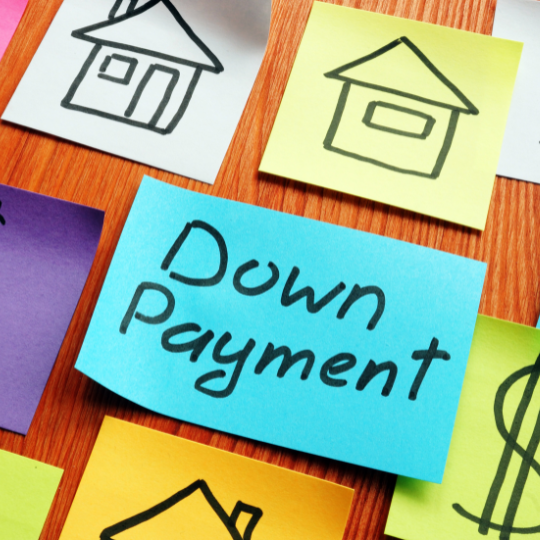Currently, home loan rates are approaching historic lows, making today an excellent opportunity to apply for a house loan, unfortunately. However, it may be relatively inexpensive to acquire a loan now than at any other point in recent times. But due to the complexity of loans, many people search on google for “how hard is it to get a home loan.”
If you’re thinking about asking for a loan, you should be informed of four potential problems for lenders that might prohibit you from receiving the loan you want.
Due to economic uncertainties induced by COVID-19, several lenders have tightened loan criteria. However, this makes it more difficult for particular consumers to benefit from today’s unheard-of fixed-rate home loan deals.
Your work position isn’t secure:
The lender will require that you’ll be able to make payments for your loan. And the easiest way for them to figure that out is to examine your income record.
For example, home loan lenders will look for evidence that you’ve been employed for the same company for at least a few years and also that your salary has stayed relatively constant (or gone up a bit over time).
If you’ve only had a job for two months, if you’ve switched companies five times in the last six months, or if your earnings are inconsistent, this will raise a red flag with lenders and may result in a loan refusal.
If you can’t show proof of consistent wages and present work, you may probably forget about acquiring a home loan.
Your earnings are minimal:
Lenders would like to see a consistent source of income, as well as proof that your income is sufficient to pay your monthly expenses. Finally, they’ll examine your debt-to-income relation (DTI), which would be the sum you owe compared to your wages.

When evaluating if you can receive a house loan, there are two different DTI rates that matter. First, your entire housing expenditures (including loan repayments, taxes, and insurance) are compared to your earnings in the “front-end” ratio.
Housing costs should be less than 28% of your earnings in the ideal situation. The “back-end” ratio compares overall debt to income, which includes home loan costs and other expenditures. This ratio should preferably be less than 43%.
Lenders are reluctant to receive you for a home loan if you don’t make a lot of money, plus your debt-to-income proportion is too significant.
You have a bad credit score:
Lenders check more than just your earnings to determine if you’ll be able to repay your loan debt; they also consider your payment history. Therefore, examining your credit history and record is the best method for them to determine if you’ve really been cautious with your debt.
Lenders will be worried if your credit rating has become too poor and your credit history reveals a history of defaults, missing repayments, or a previous bankruptcy or foreclosures. As a result, you’re much more likely to be turned down for a loan.
If you really are accepted for a home loan, you will be paying more in interest if your credit rating isn’t higher than 700.
Down payment is too low:
Lastly, lenders would like you to put some money down. They’re primarily looking for proof that you’re making a down payment. This implies you’re having to put your own money on the table, which lowers your loan-to-value rate (the sum you’re lending in relation to the home’s actual value).

Lenders will impose private mortgage insurance (PMI) when you borrow more than 80% of the price of the home. This is to secure them from risks.
If you default, they may have a difficult time selling your property for enough money to pay off the loan and all associated fees. However, if you put down a 20% down payment, you should have plenty of equity in your house, and lenders should have no problem recouping their losses if you have to foreclose.

Many lenders will not grant you a loan for 100% of the worth of your new house if you wish to put no or little down payment, mainly if your score and other financial qualifications are poor.
Although home loan rates are now down, if you’re having difficulties being accepted for a loan — or are concerned that you could — think about these four considerations before jumping into the market. You might be able to make a few adjustments to assist you in achieving the best potential result. At the very least, you’ll know what to expect and be able to find a lender that will work with you despite the difficulties.
We think that after reading these points in this article, you have got your answers to the question “how hard is it to get a home loan.”







